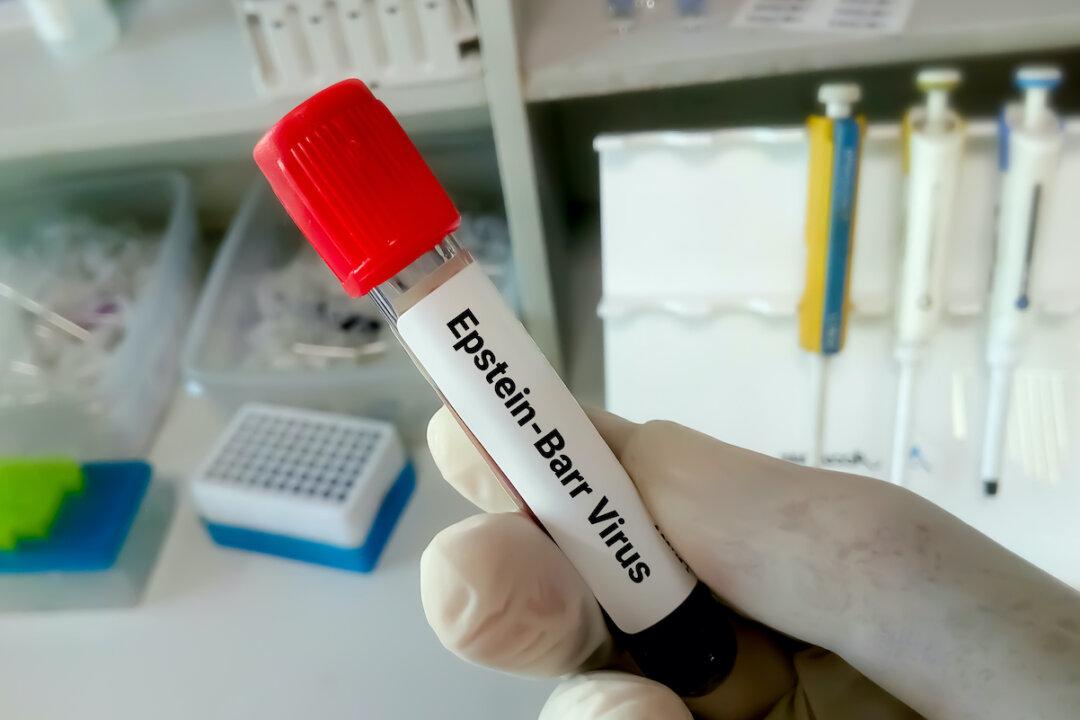Most of us will be infected with the Epstein-Barr virus (EBV) during our lives. Researchers recently claimed that the virus causes multiple sclerosis (MS), and Moderna has already started an mRNA vaccine trial. At the same time, another recent study explores therapeutic avenues for treating the virus.
A team led by scientists at Harvard T.H. Chan School of Public Health recently published research in Science that says EBV, a member of the herpes virus family, is likely the cause for multiple sclerosis (MS).





